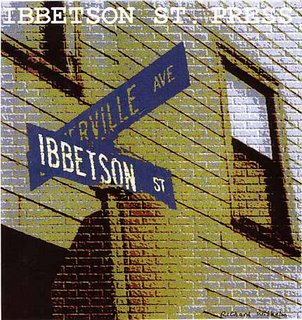
Porter Square Books: A Success Story.
Since its inception two years ago “Porter Square Books,” in Porter Square, right on the border of Somerville, Mass. and Cambridge, Mass., has become an integral part of the literary community and the community in general. It has become a hub for readings, events, meetings, and even great coffee from its café, presided over by the ever cheerful Rachel, the manager.
The staff, Dale Szczeblowski, managing director, Carol Stoltz ( Children’s Department Manager), Jane Dawson ( Personnel Manager), told me that they view their enterprise as a success—their criteria?—sales of course! The dynamic trio feels that people are still discovering the store—and when they do they realize it is a top shelf organization. All three are far from wet-behind-the-ears; with extensive experience in the book biz. So the store isn’t a “gee-whiz let’s put on a show”
affair.
Ellen Jarrett, the event planner, has attracted local, as well as nationally known talent to read at the store. Some of the readers who have graced the bookstore’s stage are Claire Messud, ( “The Emperor’s Children), Ed Viestries, ( a Mt. Everest mountain climber), poet Richard Hoffman, Ellen Kushner, to name just a few.
The store has community outreach. They often bring authors out to local schools, they host parties ( notably the reception for the Somerville News Writers Festival—5:30PM Nov. 12), the editorial meetings of the local Cambridge newspaper “The Alewife,” and schedule book signings for local presses like: “Ebb Tide,” “sunnyoutside,” and others. In the poetry section the shelves stacked with local poets such as: Patricia Brodie, Martha Collins, Marc Widershien, Steven Cramer, John Hildebidle, and many others.
Dale Szczeblowski, a onetime jazz musician, has started a Pop Culture section, as well as a service that rents cds and tapes.
All three folks agreed that the physical book is far from dead. They have been surprised that many of the under 30 crowd are still hungrily devouring tomes. And be reminded…Porter Square can order and deliver books the goods at least as fast as Amazon.com Porter Square Books is a very nice alternative to the increasingly impersonal world of commerce.
For more info go to: http://portersquarebooks.com/
--Doug Holder





































